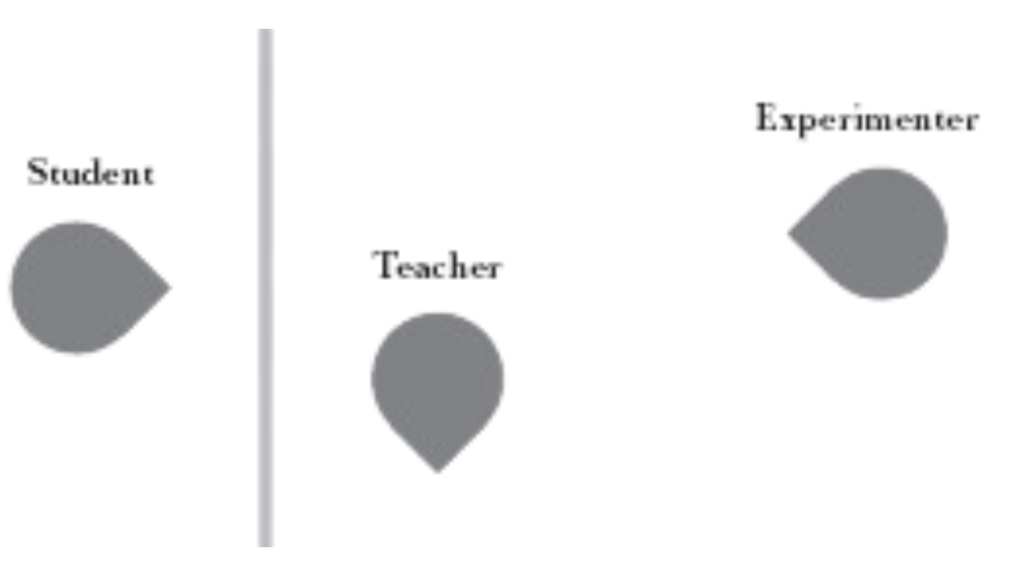यौन स्वास्थ्य के सभी पहलुओं के लिए व्यापक जानकारी प्राप्त करें और अपने यौन कल्याण को सशक्त बनाने के लिए संसाधन और मार्गदर्शन खोजें।
Sleep-related painful erection (SRPE) is a rare condition where people get painful erections while they’re…
यौन स्वास्थ्य के सभी पहलुओं के लिए व्यापक जानकारी प्राप्त करें और अपने यौन कल्याण को सशक्त बनाने के लिए संसाधन और मार्गदर्शन खोजें।
Sleep-related painful erection (SRPE) is a rare condition where people get painful erections while they’re…
Erectile dysfunction (ED) means having trouble getting or keeping an erection that’s good enough for…
Achieving and maintaining a strong penile erection is a common concern for many men. It…
Painful erections never indicate normalcy, and sometimes signal a medical emergency. Severe pain may necessitate…
Erectile dysfunction (ED) is a condition that affects many men worldwide, leading to significant stress,…
Erectile dysfunction (ED) is a condition that many men face at some point in their…
Assertiveness is a crucial skill that enhances communication, reduces stress, and promotes self-confidence. It enables…
During the 1960s, Stanley Milgram (1933–1984) conducted a controversial obedience experiment. It is one of the most debated studies in psychology.
विषयसूची
विषयसूचीMilgram aimed to explore why regular individuals might engage in extremely harmful actions when influenced by an authority figure. Intrigued by post-World War II confessions where Nazi soldiers justified heinous acts by claiming they were just “following orders,” Milgram designed an experiment.
Milgram recruited volunteer participants, instructing them to believe they were part of a learning experiment. Cast in the role of teachers, they were directed to administer increasingly powerful electric shocks to “learners” for each incorrect answer.
Milgram only needed an “authority figure” present in the room to prompt participants to carry out these actions.

Wearing a white lab coat, this person, serving as the authority figure, would respond to participants’ concerns for the learner.
If a participant expressed a desire to halt the experiment, the authority figure would simply assert predetermined phrases like “the experiment requires that you continue” or “I am responsible for what happens to the learner.”
The electric voltage could escalate gradually to potentially lethal levels. This would lead the learners to protest, request to leave the experiment or become unresponsive.
Unbeknownst to the participants, the learners were actually collaborators of Milgram and were not subjected to any harm.
Contrary to Milgram and his colleagues’ expectations, they did not anticipate that many participants would reach a point where they could inflict harm on the learner.
However, the results were astonishing. 65 percent of participants followed instructions all the way to administering the full, potentially lethal voltage. These participants believed they had potentially caused the learner’s death.
The findings revealed that an authority figure could indeed compel individuals to commit horrific acts by asserting their authority and implying they would shoulder ultimate responsibility.
Milgram proposed that participants transitioned from an autonomous state, where they felt accountable for their actions, to an agentic state, acting as an “agent” for another person and thereby avoiding personal responsibility.
Milgram’s study encountered criticism. Some argue that his volunteer sample might have been predisposed to follow orders due to their willingness to participate in such a study.
Additionally, skeptics suggested that participants could have discerned that the electric shocks were not real.
Despite these critiques, Milgram’s study sent shockwaves through the psychological community. His findings have been consistently replicated across various cultures and conditions over time.
Related: हैरी हार्लो के बंदर प्रयोग
Milgram’s research marked a pivotal moment in the evolution of our understanding of social psychology. In the words of his biographer Thomas Blass, “It is not the kind of person we are that determines how we act, but rather the kind of situation we find ourselves in.” This perspective highlights the significant impact of situational factors on human behavior, challenging previous notions that solely focused on individual traits in explaining actions.
Reference: Ralls, E., & Riggs, C. (2021). The little book of psychology. Clies Press, an imprint of Start Midnight, LLC.
एमबीबीएस और एमडी डिग्री वाली मेडिकल डॉक्टर डॉ. निष्ठा पोषण और कल्याण के प्रति गहरी रुचि रखती हैं। शारीरिक और मानसिक स्वास्थ्य के साथ महत्वपूर्ण संघर्षों से भरी उनकी व्यक्तिगत यात्रा ने उन्हें अनगिनत व्यक्तियों के सामने आने वाली चुनौतियों के प्रति एक अद्वितीय सहानुभूति और अंतर्दृष्टि प्रदान की है। अपने स्वयं के अनुभवों से प्रेरित होकर, वह व्यावहारिक, साक्ष्य-समर्थित मार्गदर्शन प्रदान करने के लिए अपनी पृष्ठभूमि का लाभ उठाती है, जिससे दूसरों को समग्र कल्याण प्राप्त करने के रास्ते पर सशक्त बनाया जा सके। डॉ. निष्ठा वास्तव में मन और शरीर के अंतर्संबंध में विश्वास करती हैं। वह जीवन में संतुलन और खुशी प्राप्त करने की दिशा में एक महत्वपूर्ण कदम के रूप में इस संबंध को समझने के महत्व पर जोर देती है।

